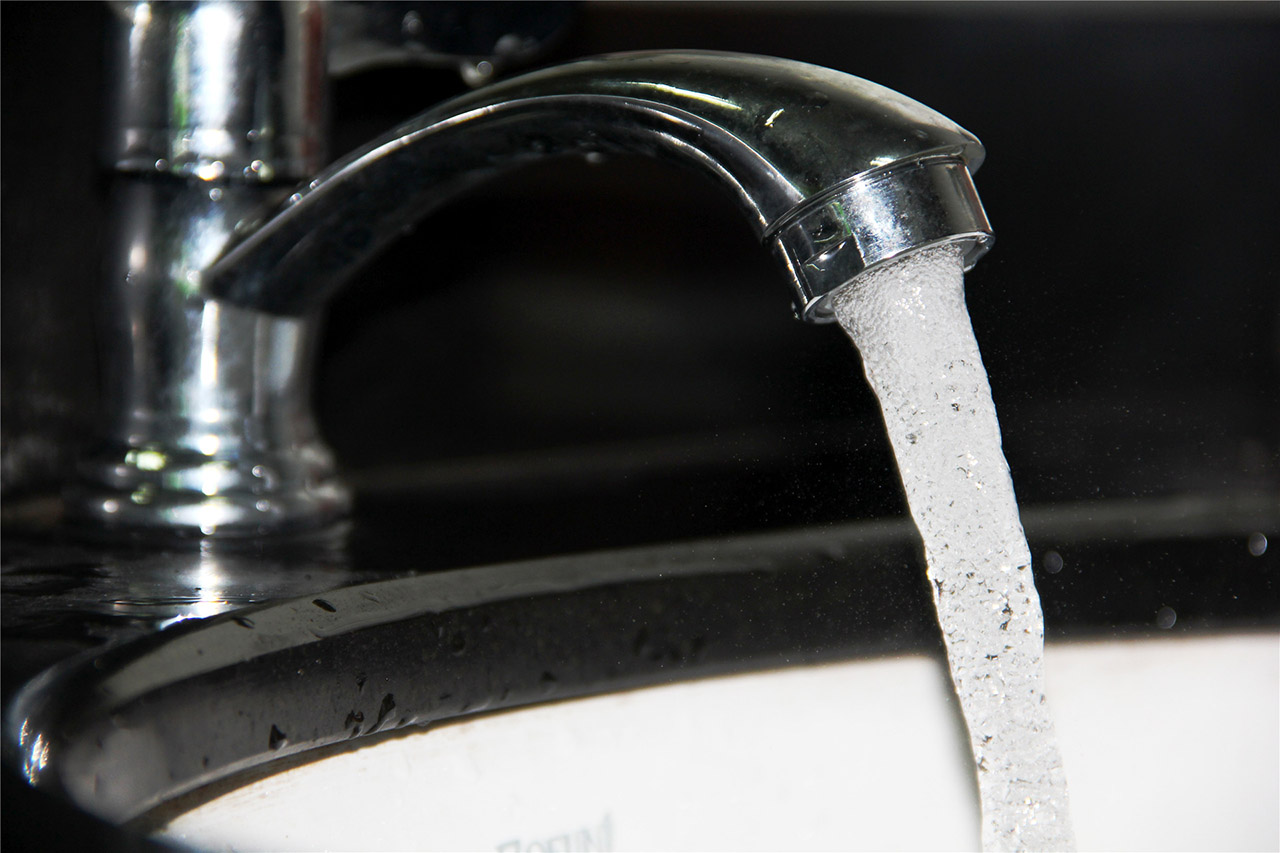Water is the basis of life, drinking water is even more important than eating. With the continuous enhancement of people's health awareness, tap water has been paid more and more attention by all walks of life. Today, Sinsche combs several hot issues , so that you can have a deeper understanding of tap water。
No.1
Why boiled the tap water for drinking?
Tap water is collected from the water source, after proper treatment and disinfection, and then transported to user through pipelines. The quality of tap water is regulated by the international standard which can be said to cover various factors in drinking water that may affect health.
Many people ask why Chinese people always recommended to boiled the water before drinking? In fact, tap water is qualified and can be drunk directly. Boiling the tap water and drinking is habit,and due to potential pollution hazards in the community’s pipe network and "secondary water supply" facilities, it is more safe to boil tap water for drinking.
No.2
Why does tap water smell like bleach?
In the purification process of tap water, sodium hypochlorite disinfection process is used to kill microorganisms in the water. The national Standard has clear regulations on the residual chlorine indicator in tap water to ensure the safety of water quality in the process of tap water transmission and distribution. Therefore, some people with a more sensitive sense of smell will feel the smell of bleach in tap water, that is, the smell of chlorine, which is normal.
No.3
Does chlorine in tap water cause cancer?
There is a rumor online: When cooking food, open the lid of the pot and boil the water before putting the food, otherwise the chlorine will wrap on the food and cause cancer. This is totally a misunderstanding.
There is indeed a certain amount of "residual chlorine" in the tap water to ensure the inhibition of bacteria during transportation. The "residual chlorine" in tap water mainly exists in the form of hypochlorous acid and hypochlorite, which has super oxidizing ability, so it can kill bacteria. They are not stable, and will be further converted into hydrochloric acid, chloric acid, and a small amount of other chlorine-containing compounds under conditions such as light and heating. As for steaming food, the "residual chlorine" is mainly decomposed into chloride, chlorate and oxygen. The former two will not evaporate, and the latter does not affect health. The "carcinogenic theory" is pure nonsense.
No.4
Why is there scale (water protons)?
Regarding scale, that is, water protons, calcium and magnesium ions are commonly found in natural water. After heating, they will form white precipitates. The main components are calcium carbonate and magnesium carbonate. The content is determined by the hardness of the water source itself. Under normal circumstances, when the total hardness in drinking water is greater than 200mg/L, scale will appear after boiling, but when it is within the limit specified in the standard, it will not affect human health.
No.5
Does oxygenated water healthier?
Many people begin to buy oxygenated water and oxygen enriched water. In fact, common tap water contains oxygen. People basically don't use water to replenish oxygen. Even for oxygen rich water, the highest dissolved oxygen content in water is 80 ml of oxygen per liter, while ordinary adults contain 100 ml of oxygen per breath. Therefore, the oxygen content in water is really insignificant for people who breathe all day.
Post time: Jun-17-2021


